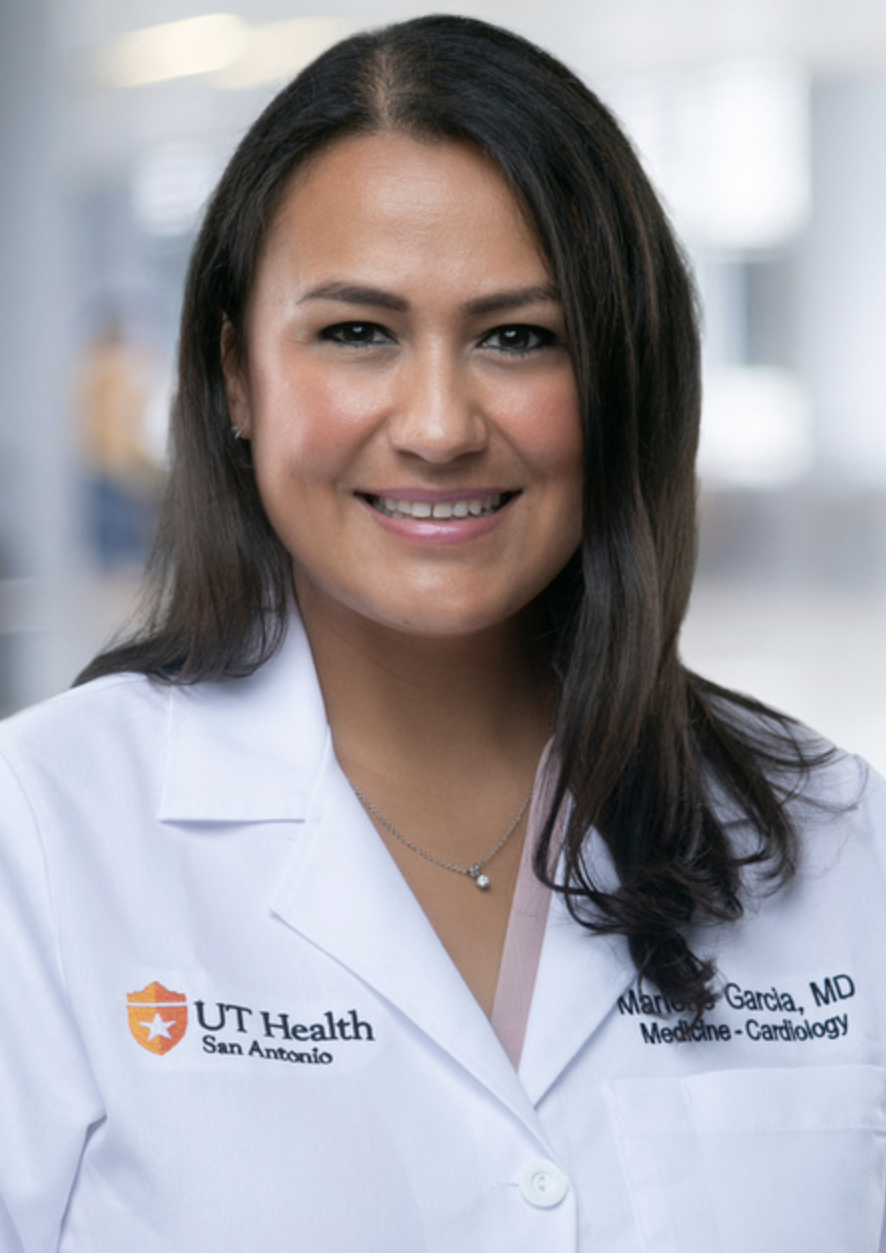Explore all of UT Health Physicians
- Search for a Provider
- Find a Location
- Find Primary Care
- Find a Specialty Practice
- View all of our Services
Patient Information
- About Us
- MyChart Login
- What is MyChart?
- Pay Bill Online
- Phone Directory
- Medicare Annual Wellness Visits
- Major Insurance Plans
- Medical Records Request
Physician Information
Heart Emergencies: What to do after calling 911
Time & Date
Tuesday, April 11, 2023
According to the Centers for Disease Control and Prevention, a heart attack occurs every 40 seconds in the United States. With heart disease among the leading causes of death in the country, it is crucial to know what steps to take if your loved one experiences a cardiac emergency.
Remain calm and attentive. While most people know the first thing to do during a health emergency is to call 911, many don’t know what steps to take after dialing 911. “It’s important to remain calm and stay attentive to your loved one,” says Marlene Garcia, MD, an interventional cardiologist at UT Health San Antonio. “You’ll need to monitor them and be able to let the emergency medical technicians know of any symptoms or side effects they have been exhibiting,” says Dr. Garcia.
Gather important medical information to share about your loved one. While on the phone with 911, you may be directed to administer aspirin to help with blood thinning. Aspirin makes it harder for additional clots to form and could potentially prevent a heart attack from getting worse. If you know your loved one has a history of aspirin allergies, be sure to let the 911 operator or other medical personnel know. If your family member has a history of heart disease or other cardiac conditions, putting together a medical history — including doctors and medications — could be invaluable to medical personnel during an emergency. It is especially important to share with medics if your family member takes blood thinners.
Know basic life-saving skills. If a cardiac emergency results in unconsciousness, you should know how to check for pulse and vitals. “It’s best practice for everyone to know basic life-saving skills like CPR in case of emergencies. You never know when you may need it to save a life,” says Dr. Garcia.
Make it easy for medical personnel to administer care. Health emergencies are scary and stressful, and it can be hard to remember the most basic of steps. If an emergency arises, make sure that you have given the emergency medical technicians accurate location instructions and have the door unlocked and ready for them to enter. You should also make sure to have a phone nearby in case the 911 operator calls back with additional instructions or information.
Seek the care needed to prevent a cardiac emergency. While we hope a cardiac emergency never happens to you or a loved one, our cardiac specialists are here to care for you. Our practice focuses on total heart health and offers patients state-of-the-art facilities with advanced technology, cutting-edge research and the expertise needed for treating the entire spectrum of heart and vascular disease.
UT Health has cardiologists at locations throughout San Antonio and the Hill Country. To learn more about our cardiology practice, click here or call 210-450-4888 to make an appointment.
Featured Doctor
Marlene Garcia, M.D.
Dr. Garcia is an Assistant Professor of Medicine and Clinical Interventional Cardiologist at UT Health San Antoino.

